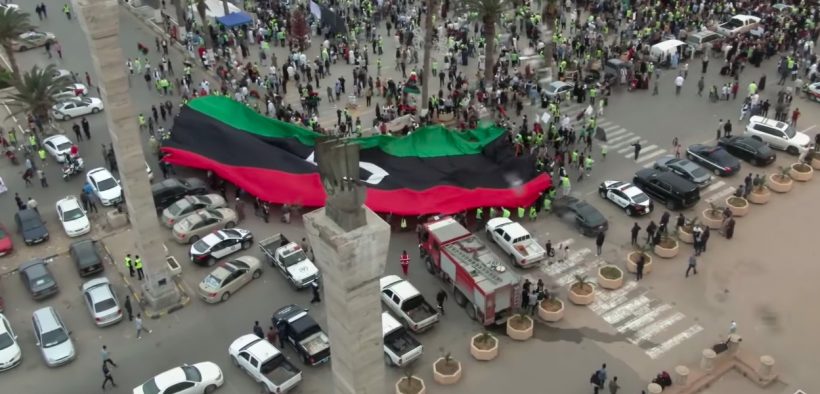Fighting in Tripoli, Libya Displaces Thousands of Families

Libya has struggled with violence and political discord since Muammar Gaddafi’s ouster and death.
New fighting broke out in Tripoli, Libya, recently, and the government immediately responded with setting up shelters for the displaced. The ministry of social affairs in Tripoli, Libya, that belongs to the internationally recognized consensus government of Libya, said on Monday that current fighting in and around Tripoli has forced out more than 18,000 households.
A member of crisis panel within the ministry, Khaled Masoud, told reporters that his ministry has promptly responded to the crisis by setting up 47 safe shelters for the displaced families and that relief efforts are underway.
Masoud said that the safe shelters would meet a number of the internal refugees’ needs, including foodstuff, medication and some psychological counseling. He added that in cooperation with local municipalities, the government has allocated some cash for the forcibly displaced households.
Relief efforts come as some southern outskirts of Tripoli have endured severe fighting between troopers of the consensus government and militants of the National Army of Libya, headed by veteran army general Khlaifa Haftar. Haftar had earlier announced that his troops are moving ahead to overtake Tripoli.
Fighting in the Libyan capital has caused the deaths of hundreds of people and injury of hundreds others, according to United Nations’ records.
In the meantime, a United Nations’ envoy to the Libyan crisis, Ghassan Salama, observed two of the new safe shelters and called for reaching a truce, as well as swiftly providing further support to displaced residents.
Khalifa Haftar, a former general of Muammar Gaddafi, has ignited a crisis in Libya after his surprise military invasion of the city of Tripoli on April 4, 2019.
The U.N.-recognized government in Tripoli is the official legal authority of Libya, but it lacks real control over the country, as Haftar’s Libyan National Army has rapidly consolidated power over the country’s oil fields and eastern region.
Libya’s civil war started in 2001 when Libyan crowds took to the streets in protest of the rule of Libya’s former president, Muammar Gaddafi. Gaddafi remained in power for four decades before the Libyan crowds discovered his hideout and killed him in public in October 2011.











